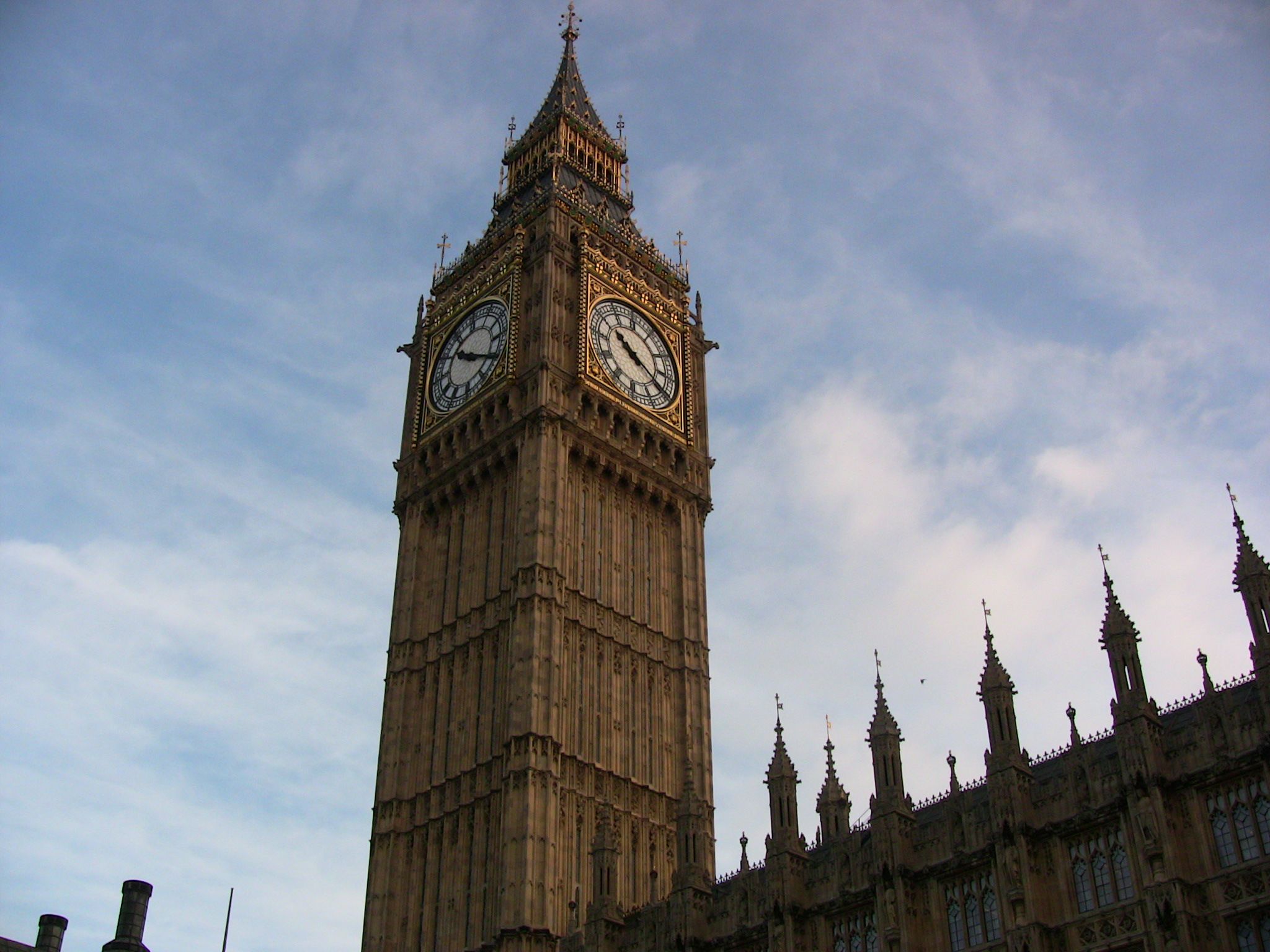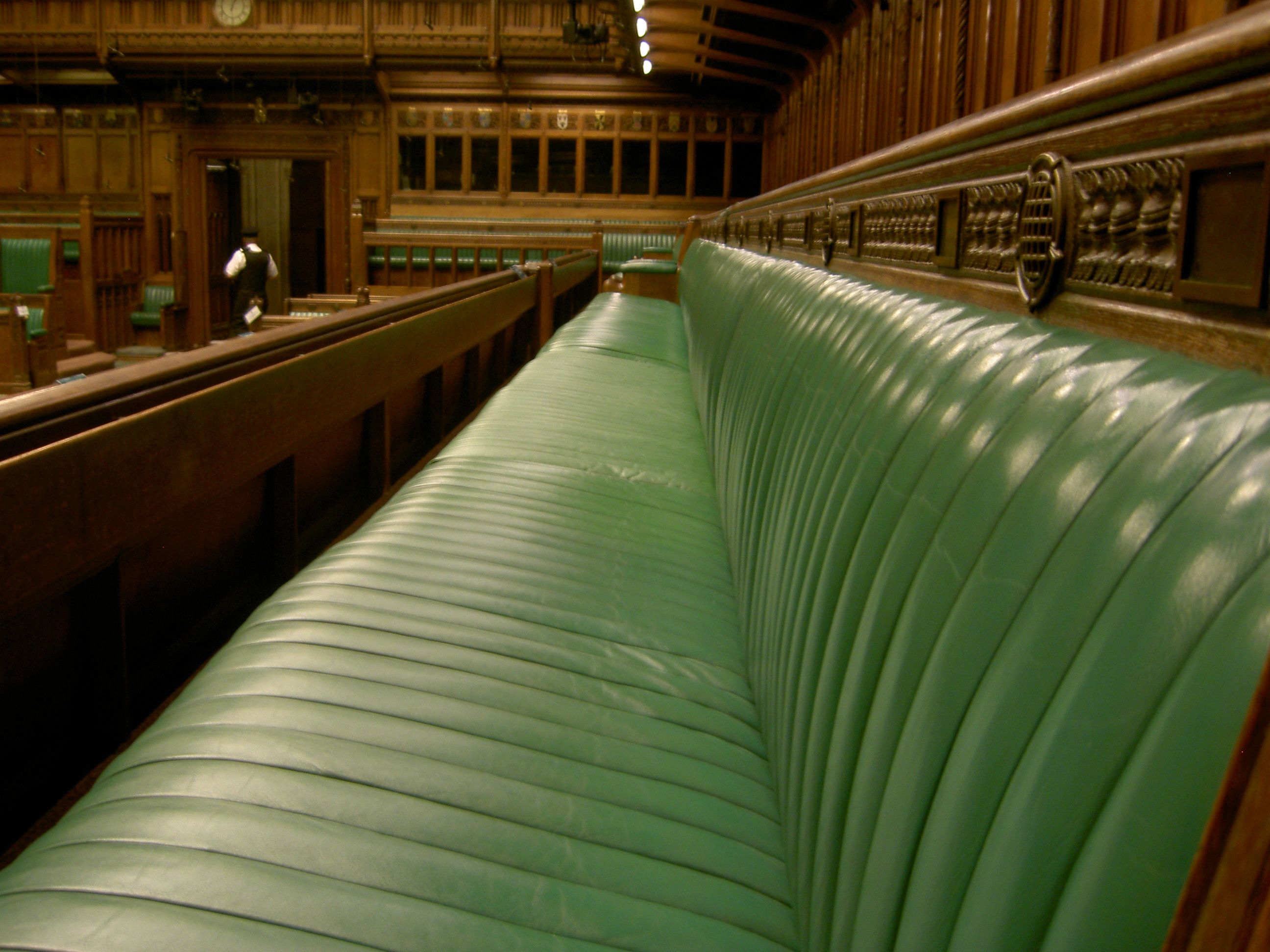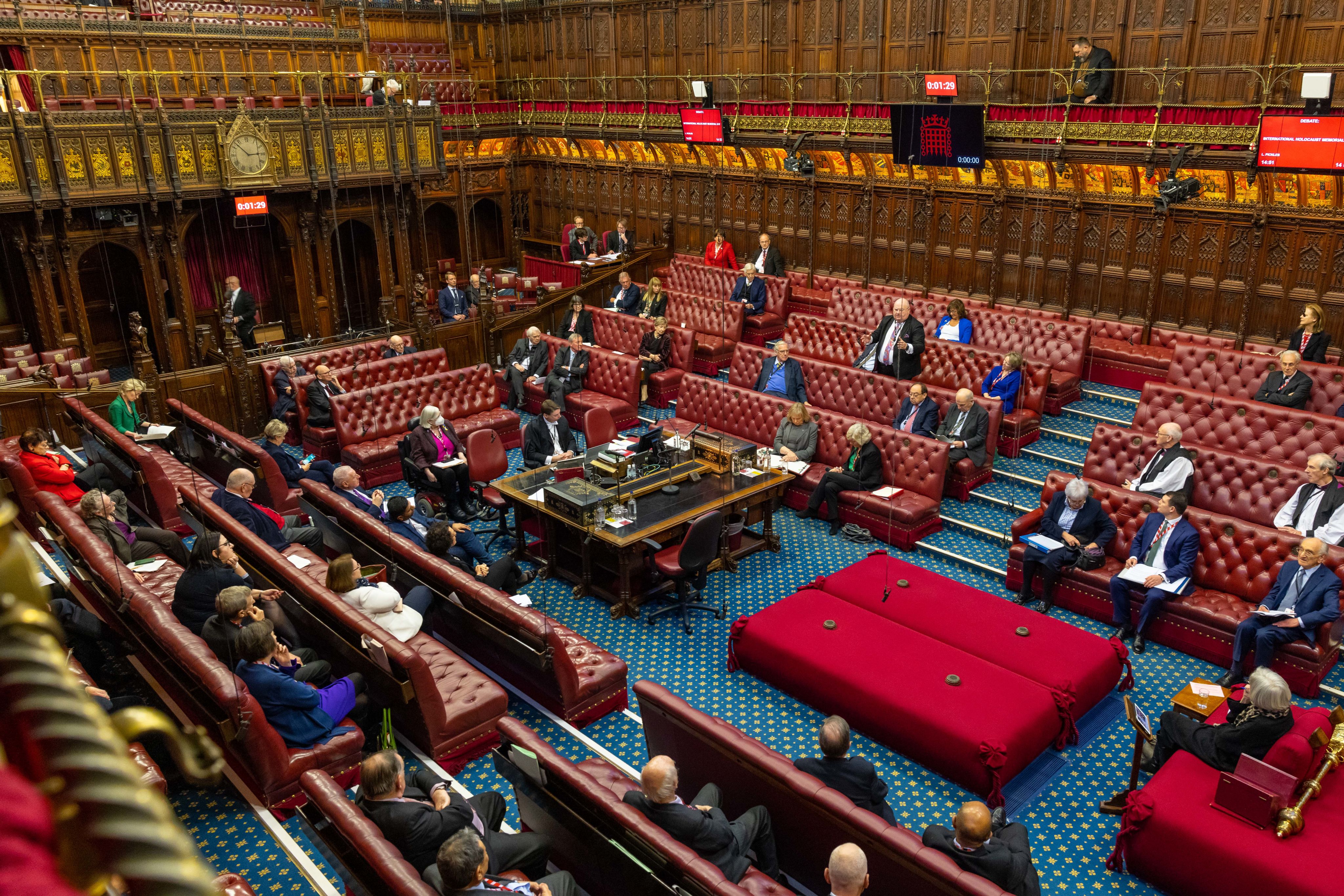The Office for Students is
not trusted by students
or universities
We find that the regulator is performing poorly
despite the major challenges facing higher education

The higher education sector faces a looming crisis
Home undergraduate tuition fees have been frozen since 2018, and their value has been further eroded by recent inflation. As a result, many higher education providers have developed an unhealthy and unsustainable reliance on fees from international students. The sector also faces other tough challenges, from the fallout of the pandemic to reduced EU research funding and ongoing strikes.
Amid these challenges, we examined the Office for Students (OfS), which has regulated the higher education sector since 2017. We found that it is performing poorly. In particular, we conclude that it has poor relations with both providers and students, a controlling and arbitrary approach to regulation, and a lack of independence from the Government.
The work of the OfS: five key problems and our solutions

1
Duties and decision-making
The OfS has several duties which it is legally required to have regard to. However, it has a lot of freedom to pick and choose what it prioritises, creating uncertainty.
There are also a number of other regulators in the higher education sector in addition to the OfS, and we found that this has caused duplication and red tape.
When the OfS makes changes to its approach, it should make clear how it has taken its legal duties into account or explain why it has not done so.
The Government should set out the steps it is taking to streamline the responsibilities of different regulators in the higher education sector.


2
Financial sustainability
The current system of funding higher education is not sustainable. Providers often make a loss when teaching domestic students and conducting research, forcing them to rely on international and postgraduate students. The high proportion of students from China in the overall international student numbers also makes the sector vulnerable to geopolitical shifts.
Providers manage their own finances, but the Government controls their main sources of income through the tuition fee cap and its influence on international student numbers through immigration policy. The OfS, meanwhile, is responsible for monitoring financial sustainability. However, we were not convinced that the regulator has paid enough attention to the financial challenges facing the sector.
The Government must put in place a stable, long-term funding model for the higher education sector.
Both the Government and the OfS should also clarify whether there is any strategic oversight of the sector’s long-term financial stability.


3
Students
As its name suggests, the Office for Students was explicitly set up to regulate in the interests of students. However, it has never defined what these interests are, creating a suspicion that it uses them as a smokescreen for political priorities.
Moreover, while the OfS has a number of mechanisms for engaging with students, the latter often feel their views are not acted upon, especially where they do not match with what the OfS wants to do. For example, when the OfS’ Student Panel raised issues of importance to students but which contradicted with the Government’s views, the OfS allegedly issued threats over the Panel’s future.
The OfS should conduct work, with students, to define student interests and explain how this drives its work.
The OfS must also ensure its Student Panel is free to raise issues of importance to students, whether or not the OfS agrees with them.


4
Regulation and sector relations
We heard from higher education providers that the OfS’ approach to regulation is overly controlling. We conclude that it has demonstrated little regard either to the autonomy of providers or the impact of its requests and decisions, particularly its onerous requests for data.
We also heard that the OfS is both distant and combative in the way it treats providers, giving the impression it seeks to punish them rather than help them to comply.
The OfS should be more transparent about its approach, making clear why it makes particular requests and decisions.
The Government should reconvene its Higher Education Data Reduction Taskforce in order to reduce unnecessary red tape.


5
Independence from the Government
The OfS is meant to be an independent regulator and describes itself as such. Yet we found that it lacks both real and perceived independence, with its actions often appearing driven by political priorities. The fact that the OfS Chair continues to take the Conservative Party whip in the House of Lords has not helped.
We concluded that the Government has also contributed to this situation, by being too prescriptive in the guidance it sends to the OfS. The situation has been worsened by the fact that the OfS has had to work with seven Education Secretaries and six Universities Ministers since 2018.
The Government and the OfS should set out what each of them will do to secure the OfS’ independence.
As a first step, the Government should consider requiring serving politicians to resign any party political whip before becoming Chairs of independent regulators.

What happens next?

We have made our recommendations to the Government and it now has two months to respond to our report.
Read the full report on our website
Find out more about our inquiry and our committee.
Follow the committee @HLIndustryCom
